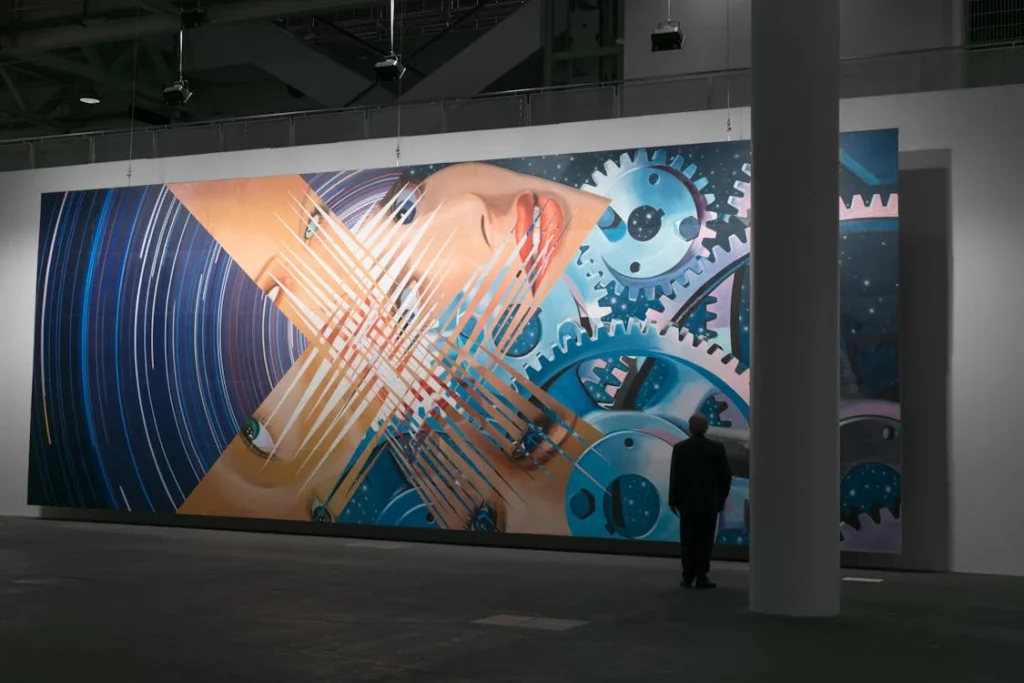
In the realm of sustainable architecture and modular construction, Vincent Schachter stands out as a visionary, pushing the boundaries of what’s possible with Cruz Modular. This article delves into the contributions of Vincent Schachter to the field, the innovative principles behind Cruz Modular, and the transformative impact on modern architecture and sustainability.
Vincent Schachter: A Visionary Leader
Vincent Schachter is a renowned figure in sustainable architecture, known for his innovative approach and commitment to environmental stewardship. With a background in both architecture and environmental science, Schachter has dedicated his career to developing sustainable building solutions that address the pressing challenges of climate change, resource scarcity, and urbanization.
Schachter’s philosophy centers around the idea that architecture should not only be functional and aesthetically pleasing but also environmentally responsible. He advocates for designs that minimize energy consumption, reduce waste, and utilize renewable resources, all while maintaining high standards of livability and comfort.
Cruz Modular: Revolutionizing Construction
Cruz Modular, co-founded by Vincent Schachter, is a pioneering company in the field of modular construction. The company’s mission is to create sustainable, efficient, and scalable building solutions that can be adapted to various environments and purposes. Cruz Modular’s approach is characterized by several key principles:
- Modularity and Flexibility: Cruz Modular designs buildings using prefabricated modules that can be easily assembled, disassembled, and reconfigured. This modular approach allows for great flexibility in design and function, enabling buildings to adapt to changing needs over time.
- Sustainability: Sustainability is at the core of Cruz Modular’s operations. The company uses eco-friendly materials, incorporates energy-efficient technologies, and employs construction methods that minimize waste. This commitment to sustainability helps reduce the environmental impact of buildings and promotes long-term ecological balance.
- Speed and Efficiency: Modular construction significantly reduces the time required to build a structure compared to traditional methods. Cruz Modular’s prefabricated modules are manufactured in controlled environments, ensuring high quality and precision.
- Scalability: Cruz Modular’s systems are designed to be scalable, making them suitable for a wide range of projects, from single-family homes to large commercial complexes. This scalability allows for consistent quality and performance across different building types and sizes.
- Innovation and Technology: Cruz Modular embraces cutting-edge technology in its designs and construction processes. From advanced manufacturing techniques to smart building systems, the company leverages technology to enhance the functionality, efficiency, and sustainability of its buildings.
Impact on Modern Architecture and Sustainability
The work of Vincent Schachter and Cruz Modular is transforming modern architecture in several significant ways:
- Environmental Benefits: By prioritizing sustainability in their designs and construction methods, Schachter and Cruz Modular are helping to reduce the carbon footprint of buildings. Their use of renewable materials, energy-efficient systems, and waste reduction practices contribute to a more sustainable built environment.
- Affordability and Accessibility: Modular construction offers cost advantages over traditional building methods, making high-quality, sustainable architecture more accessible to a broader audience. This affordability is crucial in addressing housing shortages and providing communities with safe, comfortable, and eco-friendly living spaces.
- Urban Development: In densely populated urban areas, the speed and efficiency of modular construction are particularly valuable. Cruz Modular’s approach allows for the rapid development of infrastructure, helping cities meet the demands of growing populations while maintaining sustainability goals.
- Disaster Response and Recovery: Modular buildings can be quickly deployed in response to natural disasters, providing immediate shelter and essential services to affected communities. The adaptability of modular construction also allows for the rebuilding and recovery of permanent structures in a sustainable manner.
- Architectural Innovation: The flexibility and scalability of modular construction open up new possibilities for architectural innovation. Designers and architects can experiment with different configurations and materials, pushing the boundaries of traditional architecture and creating unique, dynamic spaces.
Future Prospects
As the world continues to grapple with environmental challenges and urbanization, the importance of sustainable architecture and efficient construction methods cannot be overstated. Vincent Schachter and Cruz Modular are at the forefront of this movement, demonstrating that it is possible to build in harmony with nature while meeting the needs of modern society.
Looking ahead, the prospects for modular construction and sustainable architecture are bright. Continued advancements in technology, materials science, and design principles will further enhance the capabilities and appeal of modular systems. Moreover, as awareness of environmental issues grows, the demand for sustainable building solutions like those offered by Cruz Modular is expected to increase.
In conclusion, Vincent Schachter and Cruz Modular are making significant strides in the field of sustainable architecture, offering innovative solutions that address some of the most pressing issues of our time. Their work not only provides immediate benefits in terms of environmental impact and efficiency but also sets the stage for a more sustainable and resilient future in architecture and construction.



